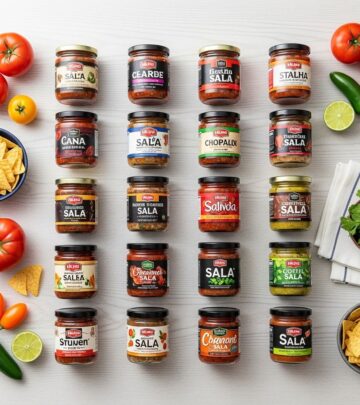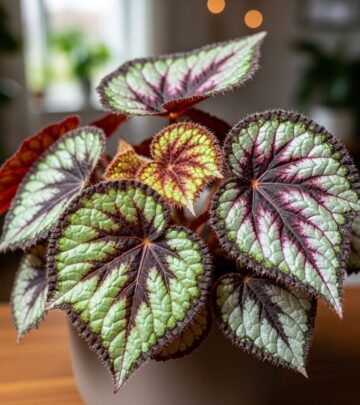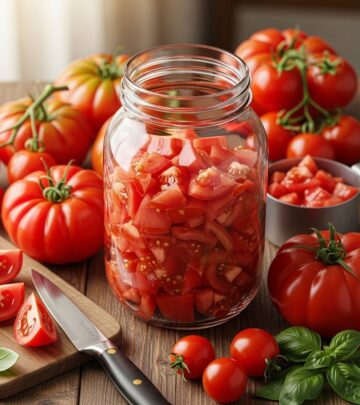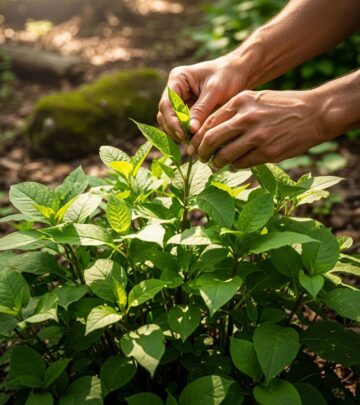Best Watermelon Varieties To Grow: 31 Top Picks For 2025
Explore diverse watermelon varieties, from classic reds to rare yellow and orange types, and find the perfect melons to grow at home.
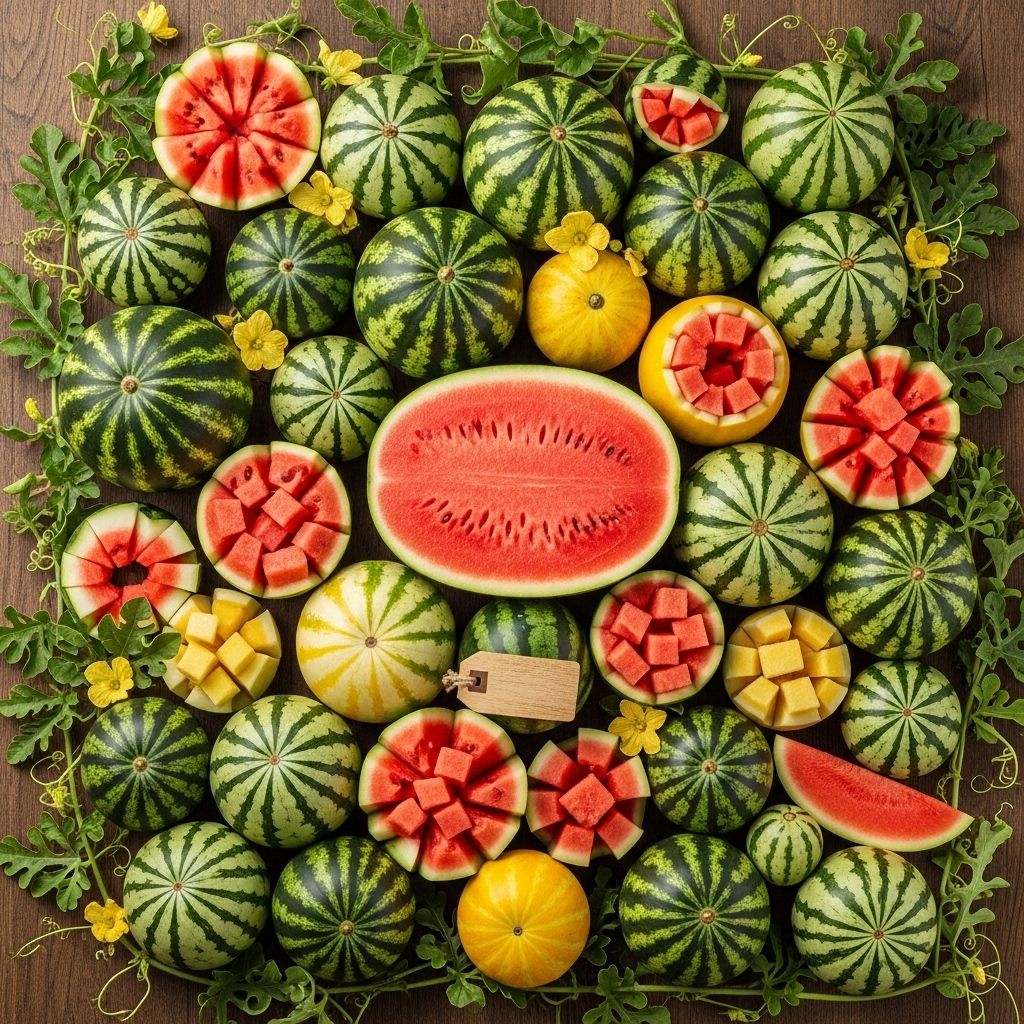
Image: HearthJunction Design Team
31 Watermelon Varieties You Can Grow This Season
Watermelon is synonymous with summer, bringing refreshing sweetness to picnics and parties. While many people are familiar with the classic red, round watermelon, there are actually hundreds of varieties grown worldwide, each with its own unique flavor, appearance, and growing habits. In this comprehensive guide, we’ll introduce you to 31 amazing watermelon varieties — from traditional favorites to rare and colorful gems — and provide insights to help you grow the perfect melon for your garden.
Why Grow Different Watermelon Varieties?
Choosing from a range of watermelon types gives gardeners the ability to experience new flavors, fruit sizes, and brilliant colors. Some watermelons thrive in small spaces or containers, while others are perfect for those with sprawling garden beds. Whether you’re after the sweetest flavor, a unique rind pattern, or melons that resist drought, there’s a variety to fit your needs.
- Flavor Diversity: Not all watermelons taste the same! Varieties range from ultra-sweet to pleasantly mild.
- Color Variety: Flesh colors include red, pink, yellow, and even orange.
- Fruit Size: Choose from petite, personal-sized melons to massive giants for feeding a crowd.
- Growth Habit: Some varieties have compact, bushy vines ideal for small gardens or patio containers.
Classic Red and Pink Watermelon Varieties
Most people associate watermelon with bright red or pink flesh and green outer rinds. These varieties are beloved for their sweetness, juiciness, and familiar flavor.
- Black Diamond
Known for its large, oblong shape and deep green (almost black) smooth rind, Black Diamond is drought-resistant and highly productive. Fruits can weigh up to 50 pounds and offer classic red flesh with an excellent, firm texture. - Cal Sweet Bush
This round melon is perfect for small spaces or container growing, thanks to its bushy—not vining—growth. Fruits weigh 10–15 pounds and have deliciously sweet red flesh surrounded by a green-striped rind. - Crimson Sweet
With gorgeous light and dark green stripes, Crimson Sweet produces large fruits (up to 25 pounds). Each plant yields 1–2 round melons with exceptionally sweet, red flesh. Popular for both home gardens and markets. - Sugar Baby
This petite, round melon weighs 8–10 pounds and was introduced in 1959. The dark green rind encases juicy, bright red flesh and small, few seeds. Sugar Baby is perfect for refrigeration and small gardens. - Charleston Gray
This oblong melon is prized for its disease resistance and enormous size—melons can reach up to 30 pounds. Its light gray-green rind protects crisp, sweet red flesh. - Allsweet
As the name suggests, Allsweet watermelons offer a reliably sugary flavor. The classic oblong fruit weighs about 25–30 pounds and is striped with dark and light green.
Small, Bush, and Personal-Sized Watermelons
Not everyone has space for sprawling vines or giant fruit. These compact and mini varieties thrive in containers or tight garden plots and are the ideal size for one or two people.
- Little Baby Flower
A true personal-sized watermelon, Little Baby Flower weighs an average of 2–4 pounds. Vivid pink flesh and crisp texture make it a delightful snack. - Little Darling
A hybrid variety producing oval, mini melons weighing 5–7 pounds with extremely sweet, juicy flesh. Vines typically reach only 4–5 feet in spread, making them manageable in smaller gardens. - Mini Love
These 7–9 pound round melons feature a very thin, split-resistant rind and deep red flesh. Mini Love is especially known for its compact growth and resistance to some diseases. - Bush Sugar Baby
With similar flavor to the classic Sugar Baby but on very compact plants, Bush Sugar Baby produces about two 12-pound melons per plant.
Colorful and Unique Watermelon Varieties
Beyond the familiar red and pink, watermelon flesh also comes in striking shades of yellow and orange. These varieties offer not only aesthetic intrigue but also unique flavors—some are even sweeter than their red-fleshed cousins.
Yellow-Fleshed Watermelons
- Moon and Stars (Yellow Fleshed)
This historic variety is famous for its distinctive rind, speckled with bright yellow spots. The yellow-fleshed strain debuted in 1987 and features white seeds—an eye-catching addition to any garden. - Gold in Gold Hybrid
With gold-striped rinds and bright yellow flesh, this hybrid offers oval fruits that weigh 5–8 pounds. Sweet and crisp, Gold in Gold is a true summer treat. - Yellow Baby Doll
With a thin, light rind and vibrant yellow, sweet flesh, this hybrid is perfect for salads and fresh salsas. Its rind features green stripes over pale green skin. - Early Moonbeam
Ideal for shorter-season or cooler climates, Early Moonbeam ripens in about 80 days, producing 5–8 pound fruits with a thin rind and bright yellow flesh. - Janosik
This oblong melon weighs up to 10 pounds, features a dark green rind and extra-sweet yellow flesh.
Orange-Fleshed Watermelons
- New Orchid
This variety produces 7–9 pound icebox-size melons with sherbet-like orange flesh, perfect for a refreshing dessert. - New Queen
Delightfully sweet with a high sugar content (12%), New Queen features rich orange flesh in 5–6 pound fruits—nearly seedless and intensely flavorful.
Other Outstanding Varieties
- Starlight
This 8-inch round melon can weigh up to 10–12 pounds. The pink flesh and festival-worthy appearance make it a favorite for summer gatherings. - Sorbet Swirl
A visually stunning variety, Sorbet Swirl features marbled red and yellow flesh for an instant conversation starter.
Table: Watermelon Variety Quick Comparison
| Variety | Flesh Color | Fruit Size | Growth Habit | Unique Features |
|---|---|---|---|---|
| Black Diamond | Red | Up to 50 lbs | Vining | Drought-resistant, classic flavor |
| Cal Sweet Bush | Red | 10–15 lbs | Bush | Container friendly |
| Sugar Baby | Red | 8–10 lbs | Vining | Small size, early harvest |
| Gold in Gold Hybrid | Yellow | 5–8 lbs | Vining | Golden rind, sweet yellow flesh |
| New Queen | Orange | 5–6 lbs | Vining | High sugar, few seeds |
| Little Baby Flower | Pink | 2–4 lbs | Vining | Personal size |
| Moon and Stars (Yellow) | Yellow | 10–16 lbs | Vining | Speckled rind, heirloom |
Tips for Growing Watermelons Successfully
Watermelons grow best in warm, sunny areas with plenty of space for their vines to sprawl. Follow these tried-and-true tips for a bountiful harvest:
- Start seeds outdoors 1–2 weeks after your last frost, when soil is 70–90°F.
- Plant seeds 1/2 inch deep, spacing hills 4–6 feet apart or rows 3–5 feet apart.
- Keep soil consistently moist until seedlings emerge, then reduce watering as fruit matures for the sweetest taste.
- Mulch to retain soil moisture and suppress weeds.
- Water at the base of plants to avoid foliage diseases.
- Harvest fruit when the underside turns a creamy yellow and the tendril nearest the fruit stem begins to dry.
Frequently Asked Questions (FAQs)
How do I choose the right watermelon variety for my garden?
Select a variety suited to your space and climate. For small gardens or containers, stick to bush types like Cal Sweet Bush or Bush Sugar Baby. If you have plenty of space, try large vining types such as Black Diamond or Moon and Stars.
Can I grow yellow or orange-fleshed watermelons as easily as red-fleshed ones?
Yes! While some unique colors may have specific climate or growth needs, most yellow and orange watermelon varieties grow just as easily as classic red types, provided they have enough warmth and sun.
How can I tell when a watermelon is ripe?
- Check for a creamy, yellow spot on the underside (the ‘field spot’).
- The tendril nearest the fruit stem should be brown and dried out.
- Thump the melon—it should sound deep and hollow when ripe.
How long does it take to grow watermelon from seed to harvest?
Most varieties mature in 70–90 days. Always check the specific days-to-harvest for your chosen type.
Are watermelons prone to pests and diseases?
Common pests include aphids, cucumber beetles, and squash bugs. Fungal diseases can strike in humid weather, so ensure good air circulation and avoid overhead watering.
Conclusion: Discover the World of Watermelon
With over 300 watermelon varieties grown in North America alone, the world of watermelon is far richer than the standard supermarket selection. By exploring red, yellow, orange, and pink-fleshed types—plus bush and mini varieties—you can find melons perfect for your space and taste preferences. Grow your own and experience the full spectrum of flavor, color, and texture that watermelon brings to summer tables everywhere.
Ready to Grow?
Pick your favorites from this guide and start seeds after your last spring frost. Whether you love traditional reds or crave the curiosity of yellow and orange melons, there’s a watermelon variety waiting to make your garden (and table) extraordinary!
References
- https://www.epicgardening.com/watermelon-varieties/
- https://shop.epicgardening.com/collections/watermelons
- https://www.epicgardening.com/how-to-grow-watermelon/
- https://shop.epicgardening.com/products/sugar-baby-watermelon-seeds
- https://epicgardening.gorgias.help/en-US/watermelon-growing-guide-741730
Read full bio of Srija Burman






